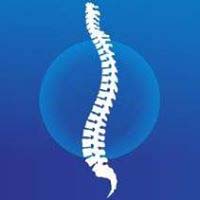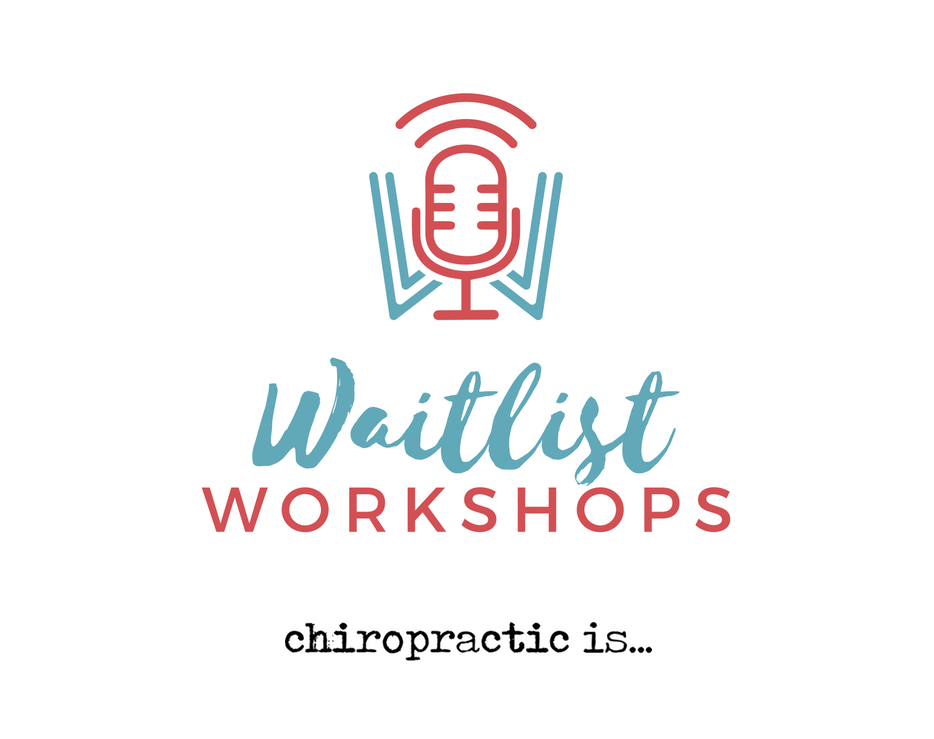Combined Effect of a Biomimetic Oral Appliance and Atlas Orthogonist Cervical Adjustment on Leg Lengths in Adults
Chris Chapman DC, BCAO Bio & G. Dave Singh DDSc, PhD, BDS Bio
Annals of Vertebral Subluxation Research ~ August 15, 2013 ~ Pages 46-50
Abstract
Objective: The etiology of leg length discrepancy (LLD) is incompletely understood although its relationship with systemic conditions such as low back pain is broadly accepted. The aim of this study is to quantify the effect of a biomimetic oral appliance when combined with an atlas orthogonist adjustment on LLD in adults.
Subjects and Methods: A consecutive series of 10 adult patients (mean age 44.8yrs; 7 female, 3 male) were included in this study. Each subject was evaluated for the presence of malocclusion, and a biomimetic DNA appliance® was prescribed by a dentist following a positive diagnosis. Each subject was assessed also for the presence of an atlas subluxation, and a transdermal atlas positioning procedure (TAPP) was performed by an atlas orthogonist following a positive diagnosis. The patients were asked to lie horizontally on a chiropractic table and leg length was measured: without the appliance; with the appliance in situ, and again after the TAPP. The LLDs were subjected to statistical analysis using t-tests.
Results: The mean LLD was 12.4mm (± 5.5) without the appliance. The mean LLD was reduced to 5.8mm (± 3.3) with the DNA appliance in situ (p < 0.001). The mean LLD was further reduced to 2mm (± 2) after the TAPP was completed (p < 0.01).
Conclusions: When a biomimetic oral appliance is used in combination with transdermal atlas repositioning, there appears to be a synergistic effect that significantly reduces LLD in adults. However, further studies are required to ascertain the veracity of these initial findings.
Key words: Leg length inequality, oral appliance, atlas subluxation, chiropractic







